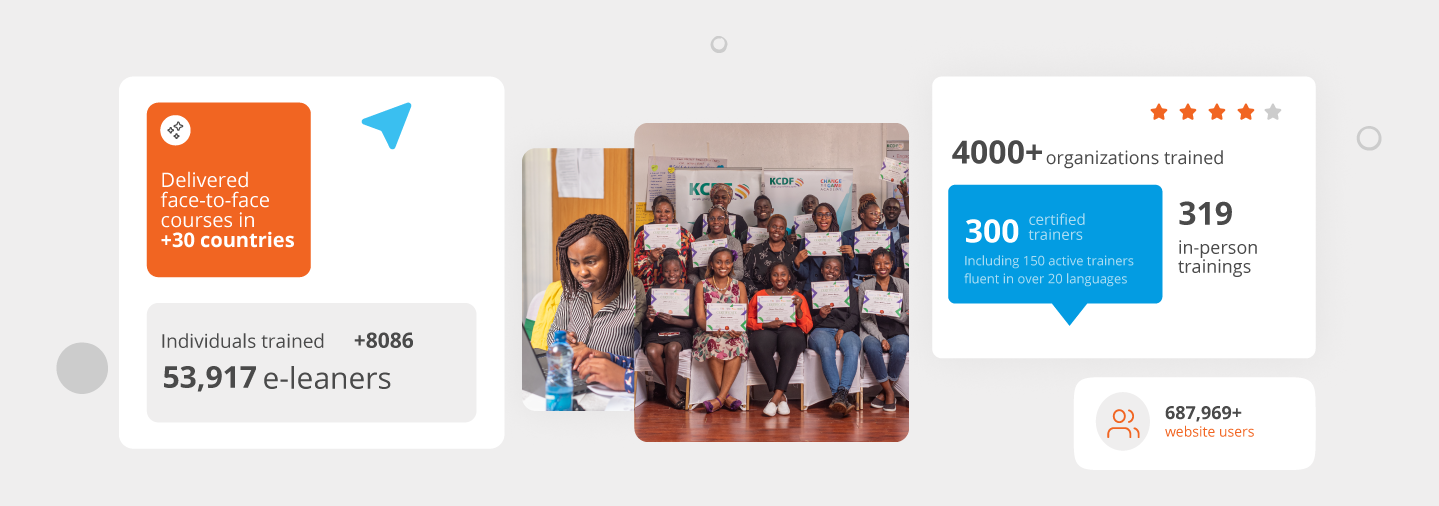
The latest USAID funding freeze is a stark reminder that African organisations must strengthen local fundraising for long-term sustainability. I am proud to have completed the Local Fundraising course with Change the Game Academy, gaining practical skills to mobilise resources from within. We need to be sustainable!


How to successfully raise funds and diversify the income of your organisation
How to get more support and commitment from stakeholders and decision makers




